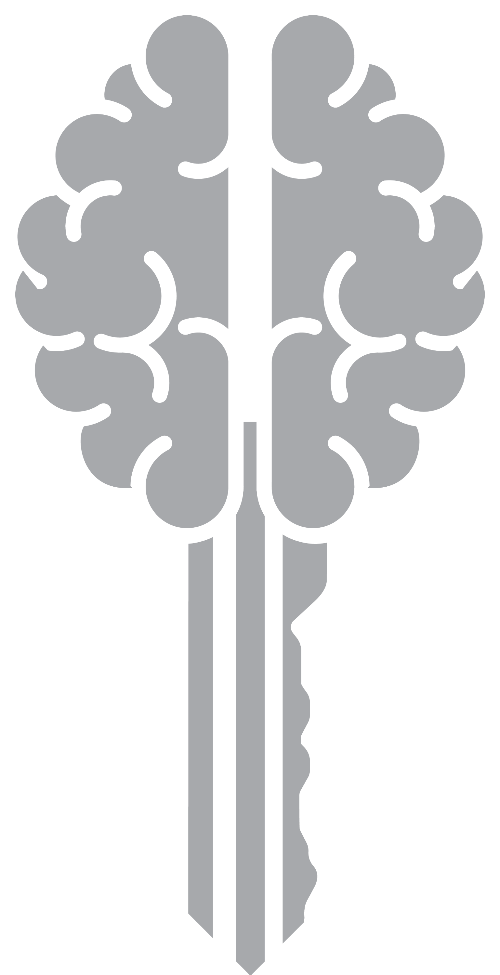Fine motor skills are essential for performing everyday tasks such as writing, buttoning a shirt, or using utensils. These skills involve the coordination of small muscles in the hands and fingers to perform precise movements. However, some individuals may struggle with developing or maintaining their fine motor skills due to various reasons, such as developmental delays, neurological conditions, or injuries. In such cases, occupational therapy can be a beneficial intervention to enhance fine motor skills and improve overall hand function.
Occupational therapy is a holistic approach to helping individuals of all ages participate in the activities that are meaningful to them. Occupational therapists work with clients to enhance their abilities to perform daily tasks and improve their quality of life. When it comes to fine motor skills, occupational therapists use a variety of techniques and exercises to help individuals develop and maintain the strength, coordination, and dexterity needed for activities such as writing, drawing, and self-care.
One common method used by occupational therapists to enhance fine motor skills is through the use of therapeutic activities and exercises. These activities are designed to target specific areas of the hands and fingers, such as grasping, manipulating objects, and hand-eye coordination. By engaging in these activities, individuals can improve their fine motor skills and increase their independence in performing daily tasks.
Another important aspect of occupational therapy for fine motor skills is the use of assistive devices and adaptive equipment. These tools can help individuals with limited hand function to complete tasks that they may otherwise struggle with. For example, adaptive utensils can help individuals with weak grips to feed themselves independently, while specialized writing tools can assist those with poor dexterity in writing legibly.
In addition to therapeutic activities and assistive devices, occupational therapists also work on improving hand strength and coordination through exercises and techniques. For example, hand strengthening exercises, such as squeezing a stress ball or using therapy putty, can help individuals build muscle strength in their hands and fingers. Occupational therapists may also use activities such as threading beads, lacing cards, or playing with small objects to improve hand-eye coordination and dexterity.
Furthermore, individuals receiving occupational therapy for fine motor skills may also benefit from podiatric rehabilitation services. Podiatric rehabilitation services focus on restoring normal function to the foot and ankle, which are essential for maintaining proper posture and balance. By addressing any foot or ankle issues that may be affecting a person’s ability to stand, walk, or engage in physical activities, podiatric rehabilitation services can complement occupational therapy and help individuals achieve optimal function in their daily lives.
For more information visit:
Step Free Recovery | Telehealth Medication Assisted Treatment
https://www.stepfreerecovery.com/
Unlock the power within you and break free from addiction. Discover StepFree Recovery, where new beginnings await. Find your path to complete healing and embrace a life of lasting recovery. Are you ready to reclaim control? Step into a world of endless possibilities at stepfreerecovery.com.

